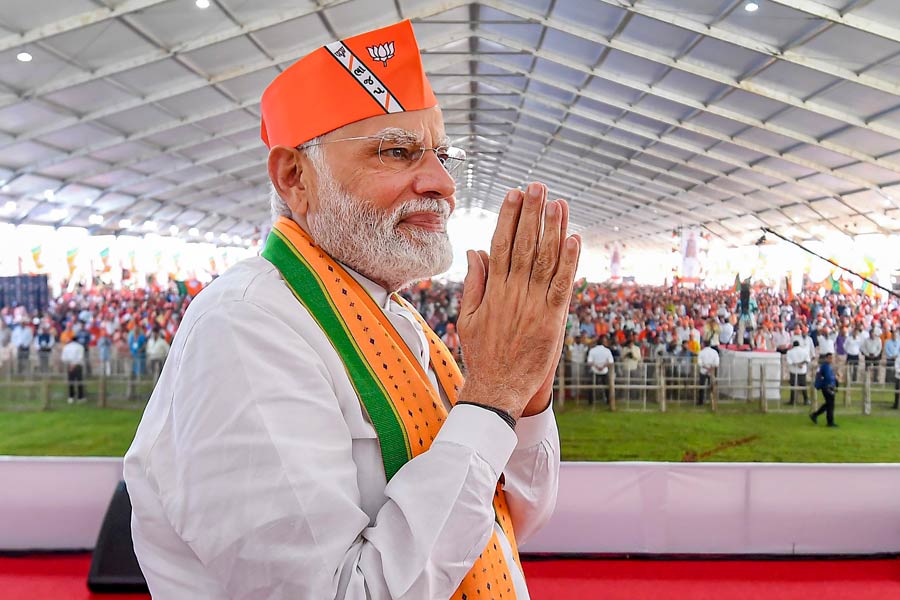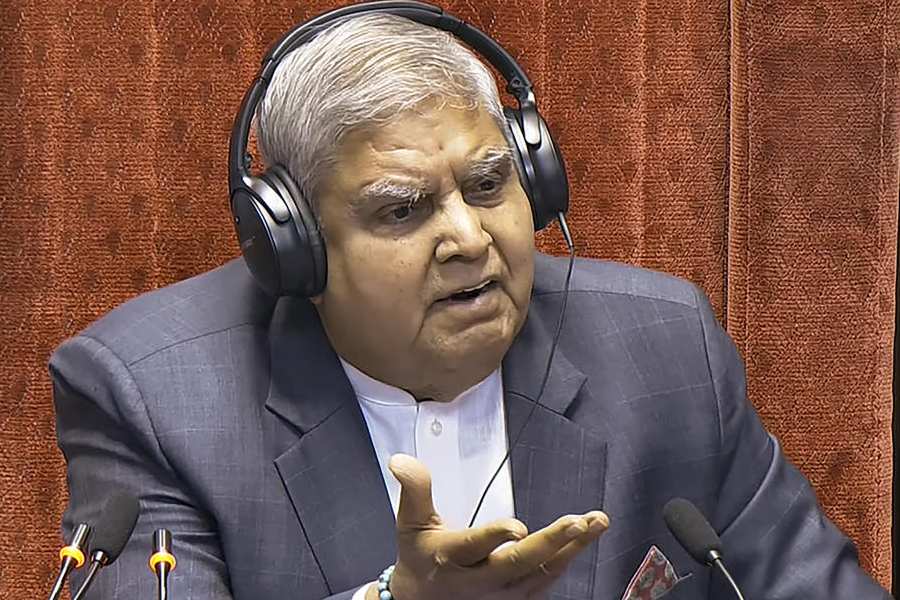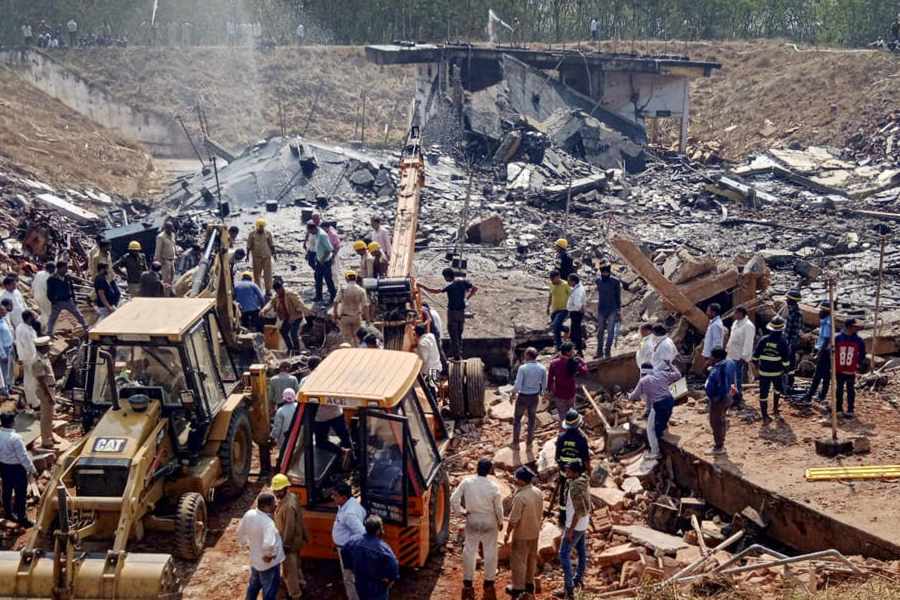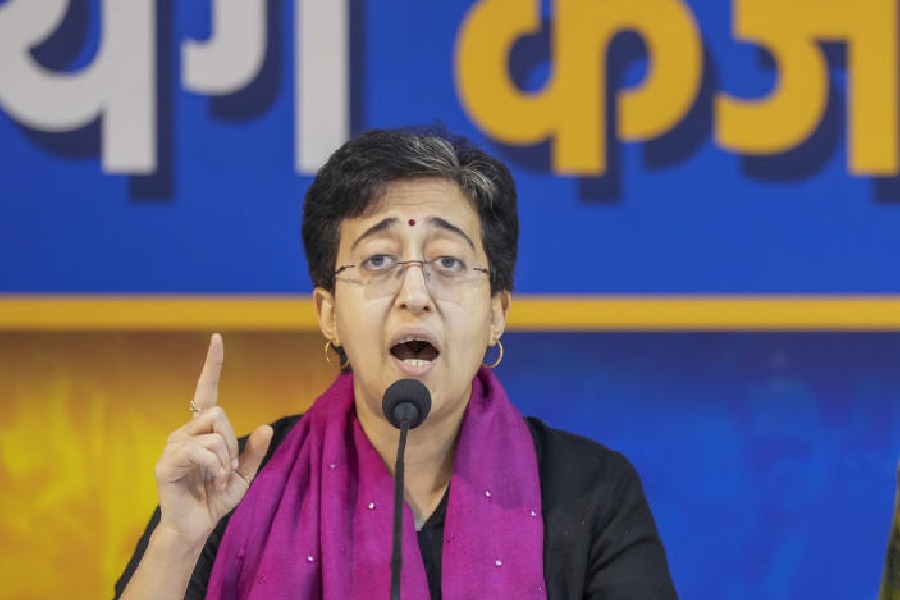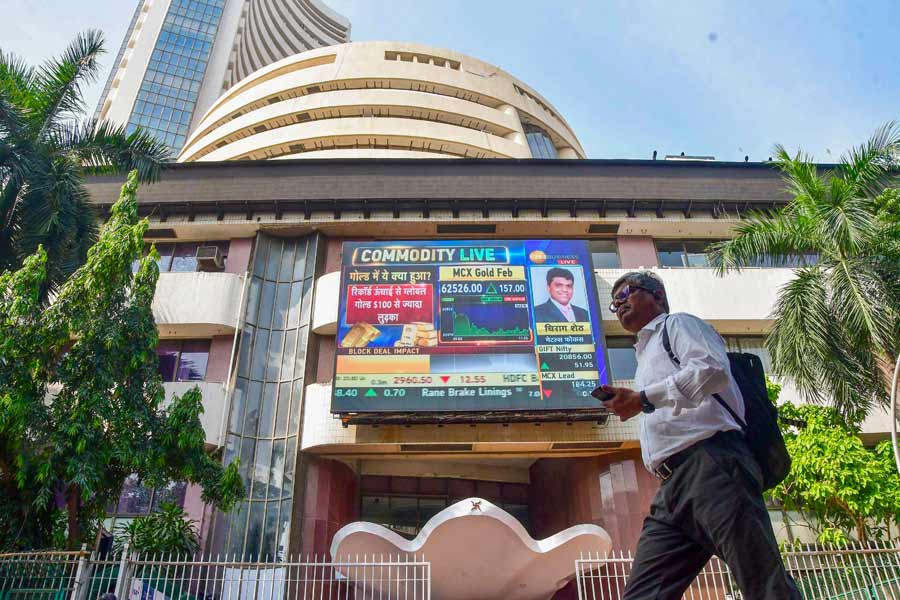A decade after the announcement by the Narendra Modi government that it was upgrading its approach towards Southeast Asia from a ‘Look East Policy’ to an ‘Act East Policy’, a new survey has served up a humbling reality check for New Delhi. The 2024 edition of the annual State of Southeast Asia Survey, conducted by Singapore's ASEAN Studies Centre at the ISEAS-Yusof Ishak Institute, shows that India ranks ninth out of 11 dialogue partners in strategic relevance for Association of Southeast Asian Nations member states. On many parameters, India's stock in the region has declined over the past year, even though ASEAN as a bloc is one of India’s largest trading partners. This has deep significance for New Delhi at a time when it is looking to bolster strategic and military ties with a range of ASEAN nations. In December 2023, India and Thailand conducted their first ever joint naval exercise. In late January, India announced that it was ready to start exports of the Brahmos missiles, co-developed with Russia, to the Philippines. The external affairs minister, S. Jaishankar, and the defence minister, Rajnath Singh, have both made visits to the region in recent months to try and strengthen ties.
That the perception of India as a strategic partner of choice ranks so low among the elites of ASEAN nations — the principal audience surveyed in the study — is made worse from New Delhi's perspective by the region’s growing embrace of China. For several years now, India’s focus on Southeast Asia has in part been predicated on the belief that China’s growing belligerence in the region, including its claims over the South China Sea, would make ASEAN nations natural partners in efforts to challenge Beijing. Indeed, in previous years, the State of Southeast Asia Survey had found the United States of America to be the region’s preferred partner. That equation has now flipped. A majority of those surveyed picked China as their partner of choice, with the US — a close friend to India — crashing in popularity. American support for Israel in its brutal war on Gaza is likely a key factor, as it undermines Washington's claims of supporting a rules-based international order. These are worrying signs for India, which must review its own approach to the region and ask hard questions on where it is going wrong and what it needs to do to fix its standing. Act East will mean little unless India acts now.

